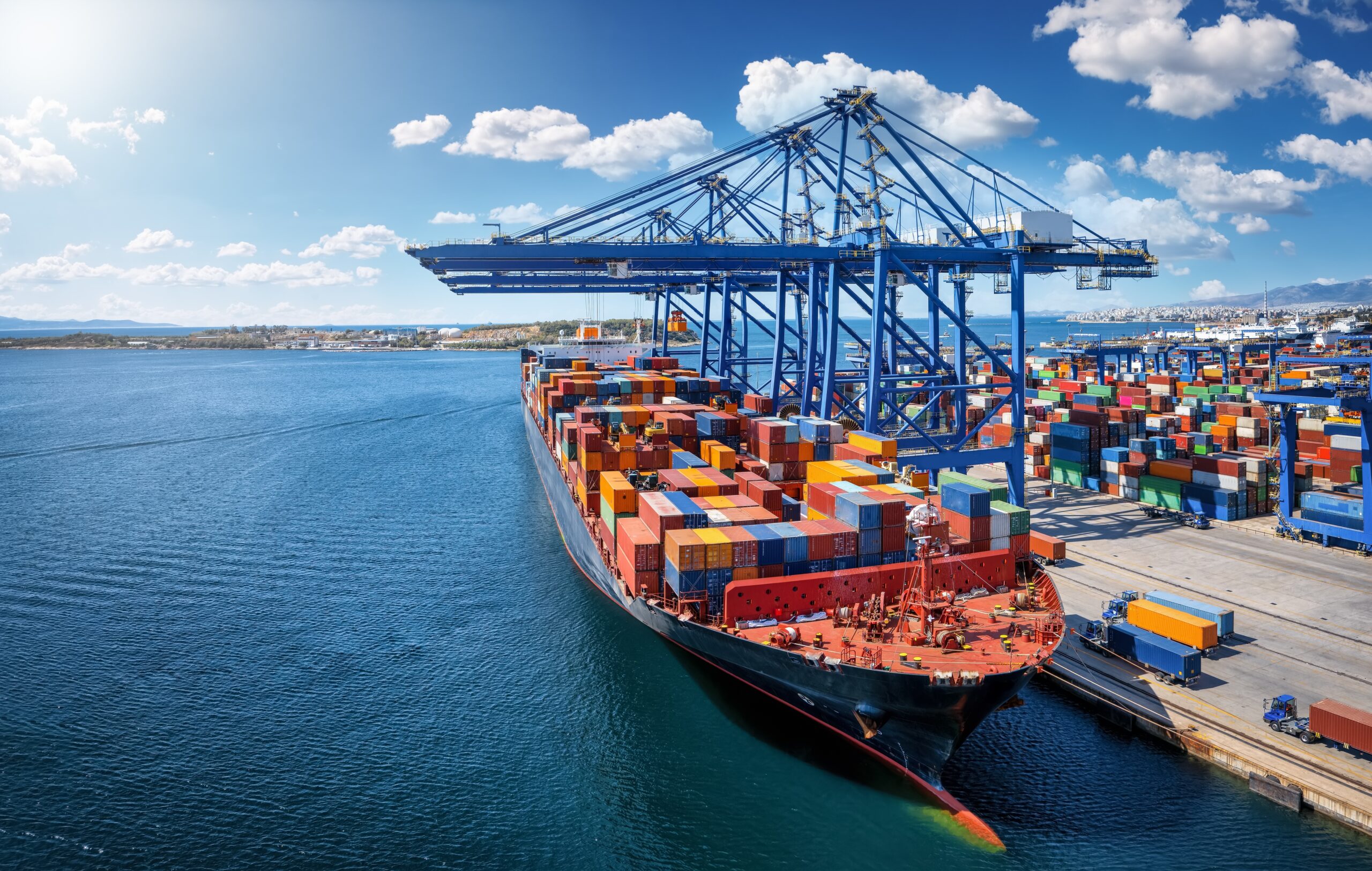
The global container transportation rate after months of tariff -axis fluctuations shows stability signs, although industry forecasts warns that there is a sharp decline.
Also Read: Container Transportation by 2028 with over -capacity containers
The Darwari World Container Index fell 3 % this week to $ 2350 per 40 feet and indicates the ninth weekly drop. The market has been turbulent since US tariff declarations, rising rates from May to early June before a sharp drop in mid -July. Now, that downward slide loses its movement by reducing point rate fluctuations.
Transpacific lines were particularly soft this week: the Changhai -Salas Angeles rates fell to $ 2,494 per Feu, while York Shanghai dropped 5 % to $ 3,638 per Feu. Durri’s analysts expect the relaxation process to continue in the short term, pointing out that the rush of transportation before tariffs is greatly over.
This consolidation seeks to a major increase in US imports in July 2025. Descartes reported that the volume of the container rose 18.2 percent a month and reached the second high level. China’s cargo increased and increased by 44.4 % since June, with its share of total US imports to 35.2 %, up from 28.8 %.
“The July spike shows how the US tariff policy – not just seasonal cycles – forms the container trade,” said Jackson Wood, director of industry strategy at Descartes.
However, the landscape of the second half of 2025 is very unpleasant. Durri’s container forecasting projects weaken the supply balance and higher rate contractions. Analysts cite uncertainty about the Trump administration tariffs and possible penalties for Chinese ships as key risks.
The National Retail Federation expects US container imports to be completed by 3.7 % in the first half, 5.6 % compared to last year. Forecasts show that the sloping sloping is reduced last year: 5 % in August, 19.5 % in September, 18.9 % in October, 21.1 % in November and 19.3 % in December. November is projected to show the lowest monthly volume of 1.71 million TEUs since April 2023.
John McCave’s industry analyst warned that the recession could pass through a wider economy. “These nonsense tariffs and the costs of the Blunt USTR ship are attacking the business itself,” he told Gcaptain. “The big declines that come to come, cannot help reduce growth.”
Key business deadlines add to uncertainty: August 29, the cancellation of De Minimis exemption, October 15th of the ceasefire in the United States and China, and new mutual tariffs that affect more than 60 countries.